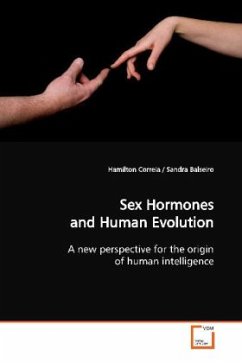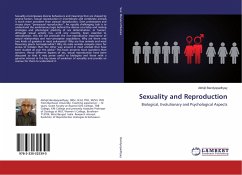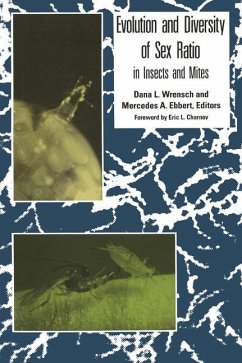Human evolution is characterized by a dramatic
volume and complexity increase of brain which origin
higher cognitive abilities. In this work, we suggest
the hypothesis that small genetic alterations,
associated with endocrine metabolic advantages,
could explain human brain evolution. Changes in
metabolism of neuroactive hormones, i.e, tiroid and
sex hormones that are responsible for brain function
and development, may possibly explain not only
higher human intelligence but also others human
phenotypic characteristics. In this sense, we argue
that principal genes of human intelligence are
localized in the X chromosome and are related to
neuroactive hormones metabolism. Thus, the aim of
our investigation is to understand some
issues in biological anthropology that are not yet
well clarified such as why human babies are so fat,
why human parturition is so painful and why men tend
to marry women who are more intelligent than
themselves. In a first analysis, the results
of our studies seeming to support the endocrine
changes hypothesis for the human evolution.
volume and complexity increase of brain which origin
higher cognitive abilities. In this work, we suggest
the hypothesis that small genetic alterations,
associated with endocrine metabolic advantages,
could explain human brain evolution. Changes in
metabolism of neuroactive hormones, i.e, tiroid and
sex hormones that are responsible for brain function
and development, may possibly explain not only
higher human intelligence but also others human
phenotypic characteristics. In this sense, we argue
that principal genes of human intelligence are
localized in the X chromosome and are related to
neuroactive hormones metabolism. Thus, the aim of
our investigation is to understand some
issues in biological anthropology that are not yet
well clarified such as why human babies are so fat,
why human parturition is so painful and why men tend
to marry women who are more intelligent than
themselves. In a first analysis, the results
of our studies seeming to support the endocrine
changes hypothesis for the human evolution.








